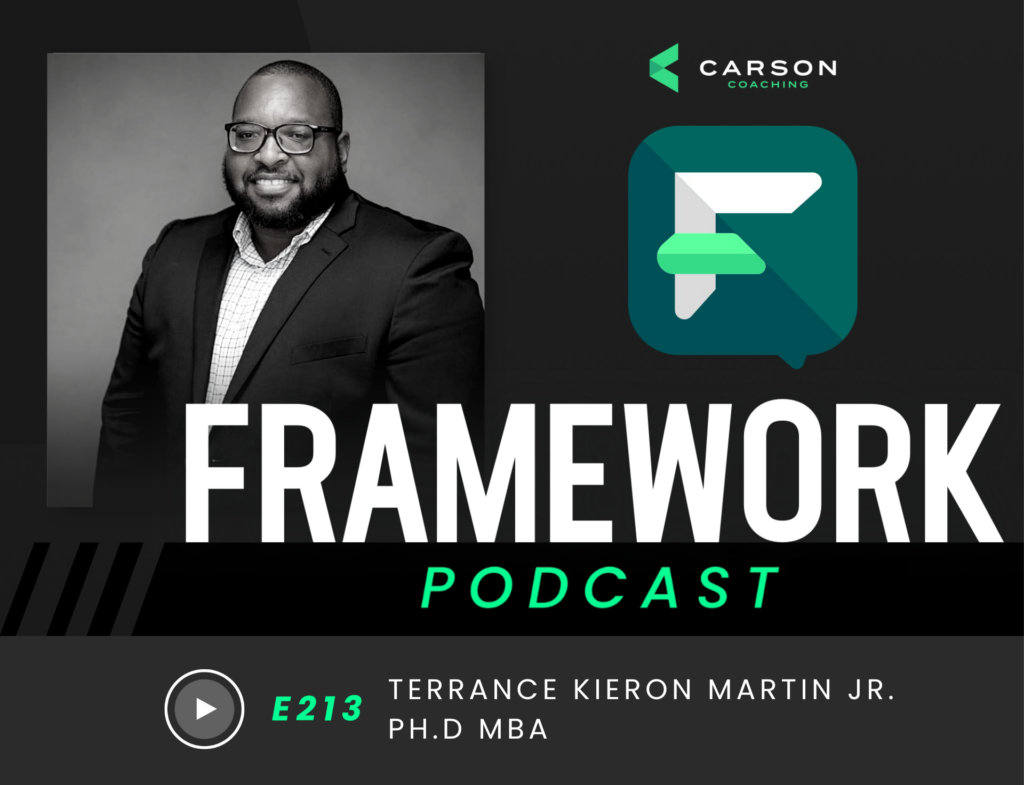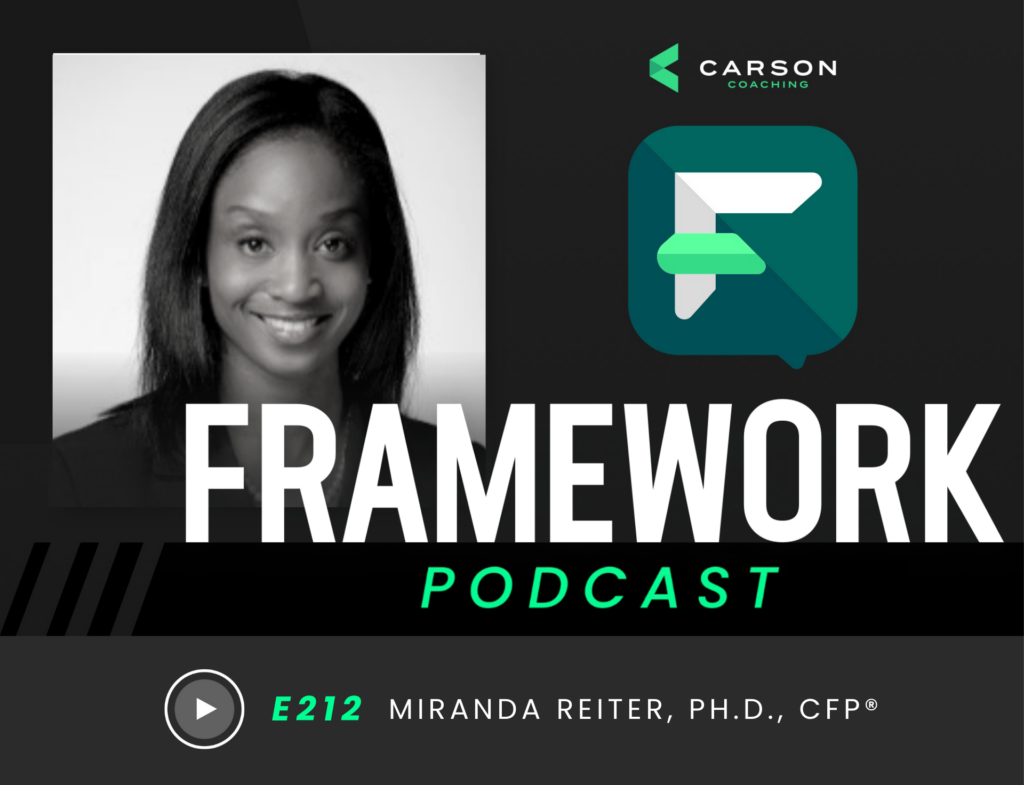By Jamie Hopkins
Your career and lifestyle look completely different when you’re in your 20s compared to when you’re in your 60s – your financial focus and planning in each decade should follow suit. I’ve highlighted three financial tactics to focus on in each decade of your life starting with your 20s.
Each decade is riddled with its own risks and problems so it’s important to know what to expect. Which decade can you afford to take more risk? Which decade should you really start to plan for retirement? Which decade should you focus on managing debt?
Set yourself up for the future financial success by living each decade to its fullest.
Planning In Your 20s
Is youth wasted on the young? Don’t wait to find out! Your 20s is about taking career and money risks while simultaneously building a foundation of positive financial behavior and savings.
- Invest In Yourself – When you’re in your 20s and just getting started in your career, take time to invest in yourself. This might mean going back to school to earn a master’s degree or professional certification. Take the time to grow your human capital, life experiences and knowledge – it doesn’t get easier to invest in yourself later on in life.
- Build Your Positive Financial Behaviors – Start by saving. Put money into your employer’s 401(k) or set up an IRA. Even if you can only put a few hundred dollars away, work on developing and automating your savings.
- Consider Taking Some Risk – When you’re young is the best time to take risk. It’s true from both an investment standpoint and a life standpoint. When investing, look for equities and don’t invest too conservative – you have a long-time horizon to let your money grow.
Take risks in life, too. Look for startups and opportunities that will let you grow and flourish. I know many young people just want a sure thing in their first job. A company that will grow and help you grow might be a better fit in the long run.
Planning In Your 30s
Your 30s are more tame when it comes to risk taking. Instead you should be more focused on managing debt and planning for – not just looking toward – the future.
- Debt Management – In your 30s it’s important you manage debt obligations carefully. If you have student, personal or car loans, credit card debt or a mortgage, you need to have a plan on how to pay them off – and which ones to tackle first. While from a behavioral standpoint some suggest you should tackle low balance accounts first, a financial planning approach suggests you tackle high interest rate debt first. What really matters is that you don’t over borrow.
- Proper Insurance Coverage – One of the biggest risks for many people in their 30s is they’re still acting as if they’re invincible. This leads to many people being underinsured. Make sure you have the right health care coverage, car insurance, property and casualty for your home, disability insurance and life insurance. Especially as your wealth starts to grow – perhaps along with a family – your insurance and financial needs will continue to change.
- Start Building Up Retirement Assets – Hopefully your career is blossoming and you’re able to set aside money. This means increasing how much you’re saving for retirement. If you work with an employer who offers a 401(k), consider increasing your salary deferral. If you run your own company, look into setting up a SEP or SIMPLE IRA to help you set aside more money each year for the future.
Planning In Your 40s
It’s important to stay mindful in your 40s – of your career, wealth and mental health. Check in regularly on your finances and your mind. The two seem to go hand in hand.
- Build Your Wealth – In your 40s, you’ll likely hit your peak earning years. This means it’s actually time to start building your wealth. Make sure your investments are properly aligned with your future goals and continue to be heavily invested in growth assets.
- Cut Back Unnecessary Expenses – By your 40s, you’ve probably picked up some unnecessary spending habits or costs along the way. Now is a good time to review your overall budget, spending and costs. Perhaps you have too many entertainment subscriptions, are paying too much for your phone bill, or your car doesn’t fit your lifestyle. Any of these things could be changed and perhaps bring down your spending.
- Take Care Of Yourself – The mid-life crisis can start to sneak up on people in their 40s. Many people feel burnt out or stressed at work due to finances – it’s important to take care of yourself. Set aside time to do financial planning and wellness. Taking control of your finances can help you take care of yourself and reduce stress. Burning out could negatively affect your health and finances and add additional layers of stress onto an already challenging situation.
Planning In Your 50s
Your 50s mark the beginning of retirement planning – yes, already! This allows you plenty of time to make adjustments if there’s a gap between your expected income and chosen lifestyle.
- Retirement Income Planning – Retirement income planning should start in your 50s. This means sitting down and seeing how much you have saved, listing out your expenses, and figuring out the income you can generate in retirement. Because if there’s a shortfall projected, you still have time to restructure your plan. That could mean saving more or cutting expenses. It’s also a good time to look at other retirement income sources like a deferred income annuity and review your investment allocation.
- Long-Term Care Planning – While long-term care planning is not what everyone dreams about for their 50s, it’s likely the best time to do planning. With retirement starting to creep into your mind, one of the biggest risks you face in retirement should also be front and center. Long-term care insurance and funding strategies are best purchased and reviewed in your 50s. Once you get into your 60s, it can be harder to qualify for long-term care coverage. Take a look in your 50s and decide if it makes sense for you.
- Family and Next Generation Planning – In your 50s you might be getting pressure from all ages in your family – your parents, who are likely well into retirement now, and your children. Planning for how you’ll help everyone in your family is crucial. Families need to discuss college planning and funding as much as they need to discuss how they’ll support and take care of aging parents. All of this planning needs to start with open and honest conversations at the family level.
Planning In Your 60s
Your 60s is all about retirement and reaping the benefits of the saving and planning you did in previous decades.
- Setting The Retirement Income Plan In Motion – You’ve spent your whole working career saving, investing and paying off bills. Now it’s time to turn your savings into retirement income. This decision requires a lot of planning because you need to make this money last for the rest of your life and no one knows how long that’ll be. Consider working as long as you can and defer Social Security as two ways to help ease longevity concerns. While a lot of people call longevity a risk, it’s a good thing. It makes other risks like health care, long-term care, and inflation more painful to the sustainability of your retirement income. Get a plan in place and know how you’ll generate income, when you plan to retire, when to claim Social Security and when to get the plan in motion.
- Re-Evaluating Work and Meaning – Retirement is not just a financial planning topic, it’s a long and real part of your life. Finances are just a means to an end – the end is your goals and what you want to accomplish in retirement. Make sure you take the time to envision what life will be like after you stop working. Take a look at what you want to do and consider phasing into retirement by going part-time. If you’re single, retirement could be more challenging for you since you leave behind relationships. Staying engaged during retirement is important. For those who might become isolated, it’s crucial you have a plan on how you’ll find meaning, happiness and value in retirement.
- Estate Planning – While you should start your estate planning basics early in life, when you near retirement, it’s good to do a full overview of your estate planning. This can include reviewing what insurance you have and if it’s still needed or if you need more. You also need to review your estate planning documents to make sure they’re in order and that all of your assets are properly titled. Do another beneficiary review, especially as assets start to get turned into retirement income.
Equity investments involve risk including the potential for loss of a part or all of principal invested.
For a comprehensive review of your personal situation, always consult your legal advisor. Neither Cetera Advisor Networks LLC, nor any of its representatives may give legal advice.






